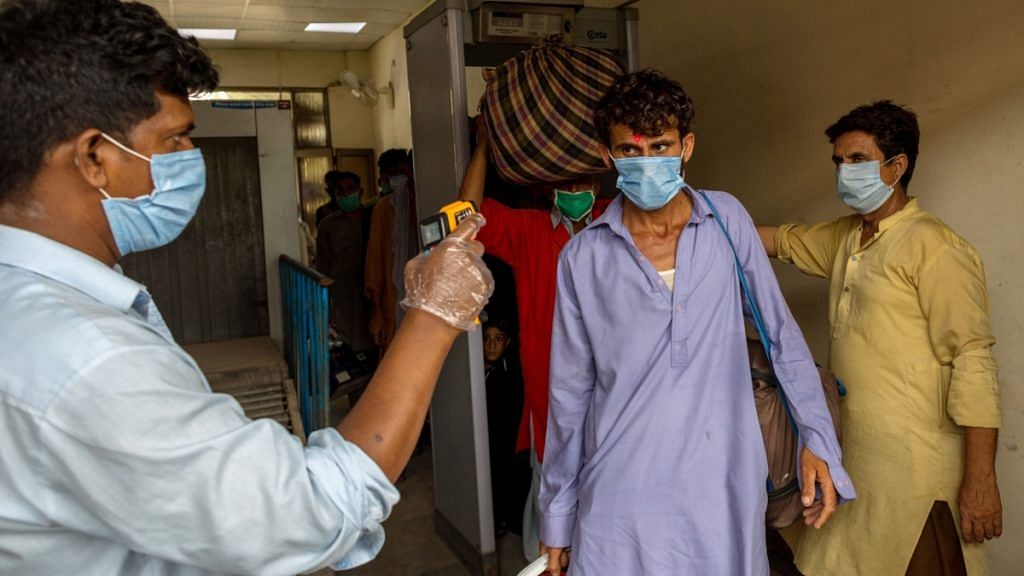Dr Tedros Adhanom Ghebreyesus, World Health Organization Director-General, has issued a stark warning about the work needed to prepare the world for future pandemics.
“This will not be the last pandemic,” he told a media briefing. “History teaches us that outbreaks and pandemics are a fact of life. But when the next pandemic comes, the world must be ready – more ready than it was this time.”
Time to invest in public health
Dr Tedros called on countries to invest in public health, as a “foundation of social, economic and political stability”.
Significant progress has been made in medicine, he said, but too many countries have neglected their public health systems:
“Part of every country’s commitment to build back better must therefore be to invest in public health, as an investment in a healthier and safer future.”
But there are countries the rest of the world can learn from, he said in his opening remarks. Here’s a summary of what he said.
7 countries to learn from
The Director-General highlighted 7 countries, amongst many, whose preparation and response offer lessons for the rest of the world.
Thailand
Thailand has benefited from 40 years of health system strengthening, he explained.
A well-resourced medical and public health system is supported by strong leadership. Coupled with 1 million village health volunteers, and strong communication, the nation has built trust and compliance and confidence among the general population, he said.
Italy
Italy was one of the first countries to experience a large outbreak outside of China, said Dr Tedros. It “took hard decisions based on the evidence and persisted with them”. Unity and solidarity, along with the dedication of health workers, helped bring the outbreak under control, he explained.
Mongolia
Mongolia also reacted quickly. It activated its State Emergency Committee in January and didn’t report a case until January and still has no reported deaths.
Mauritius
Mauritius used previous experience with contact-tracing and a swift response to overcome high-risk issues – high population density, high rate of non-communicable diseases and lots of international travellers.
Uruguay
Uruguay has one of Latin America’s most ‘robust and resilient’ health systems in Latin America, explained Dr Tedros. Sustainable investments in public health were built on political consensus, he added.
Pakistan
Pakistan has used the infrastructure it developed in its fight against polio to tackle COVID-19, said the Director-General. Community health workers, previously used to vaccinate children for polio, have been redeployed for contact tracing and monitoring
There are many other countries who’ve done well, added Dr Tedros. From Japan to New Zealand and Viet Nam, many countries have fared better because of lessons learned during previous outbreaks of disease, such as SARS or Ebola.
Having learned the lessons of previous pandemics, it’s therefore “vital that we learn the lessons this pandemic is teaching us,” he concluded.
This article was first published in World Economic Forum.
Also read: Drug-resistant fungi lurking in ICUs are infecting Covid patients, study in Delhi finds
